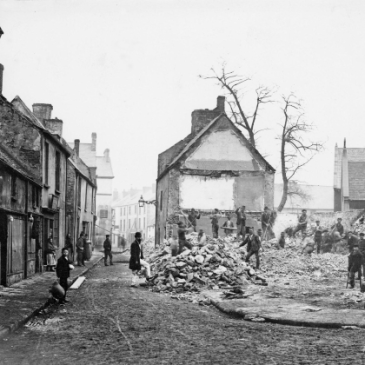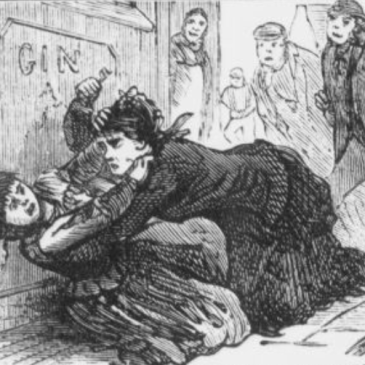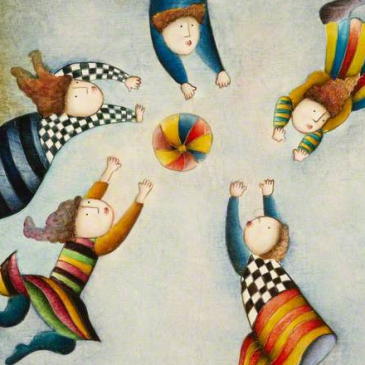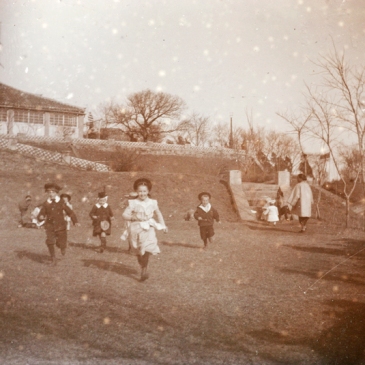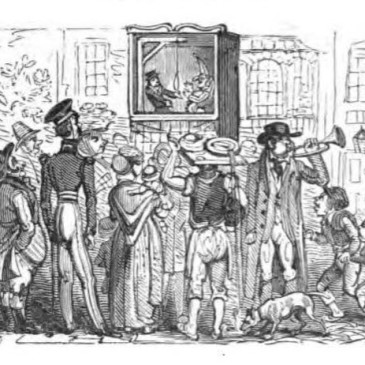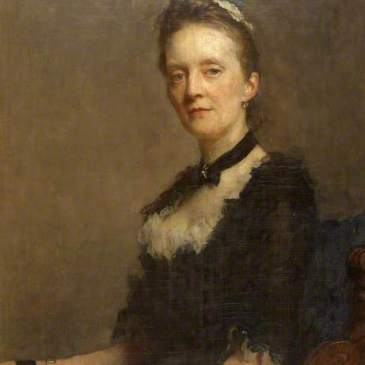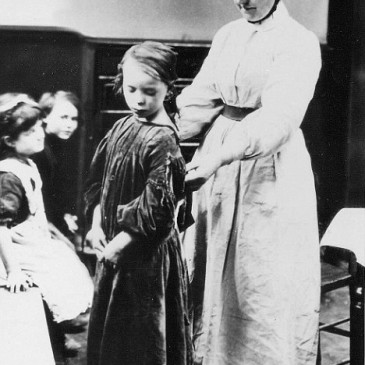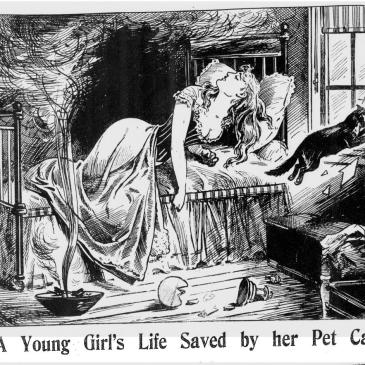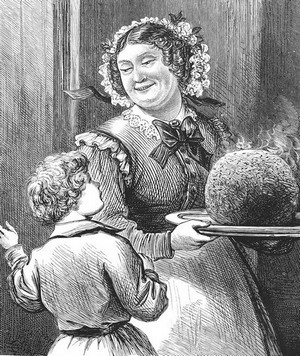Pauper Children: Poor Law Childhoods in England and Wales 1834-1910
In August 2016, I will publish my first book. It is not finished, I still have bits and bobs of research to complete; a trip to Liverpool to the Royal Liverpool School for the Blind and to the Nazareth House Archives in Hammersmith. I dare say some other ‘vital’ questions will come up too between … More Pauper Children: Poor Law Childhoods in England and Wales 1834-1910

